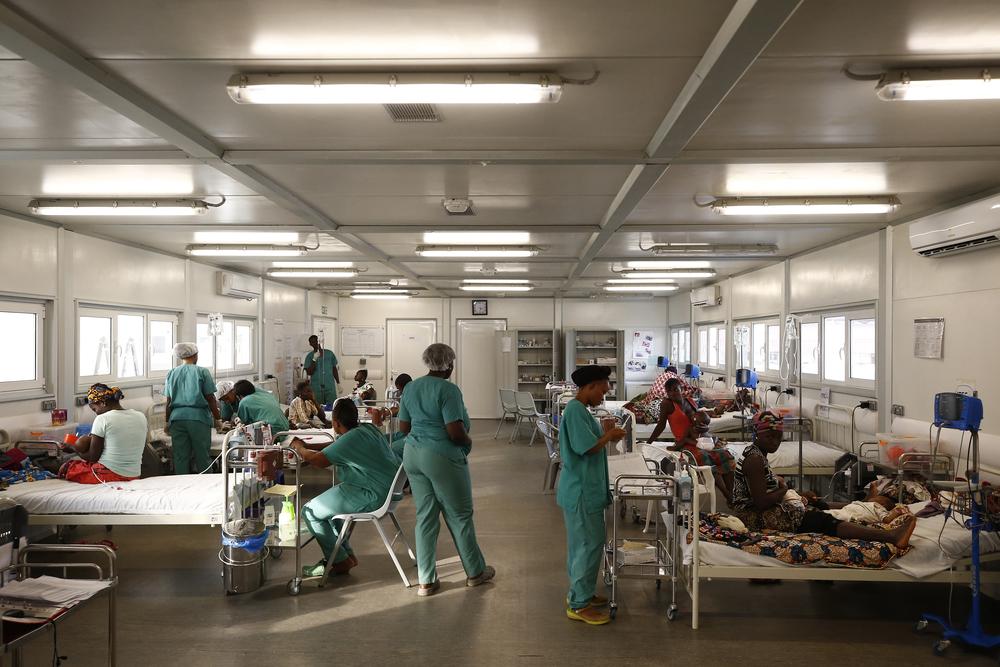“I had always considered working for Doctors Without Borders (MSF),” says Dr Lindsay Demes, “but I didn’t expect to do more than one assignment. Now I’m on my third international assignment. It’s something that I absolutely love.” Lindsay’s first MSF assignment was in 2017 in Pakistan. Since then he’s racked up some serious experience in several interesting projects across the African continent.
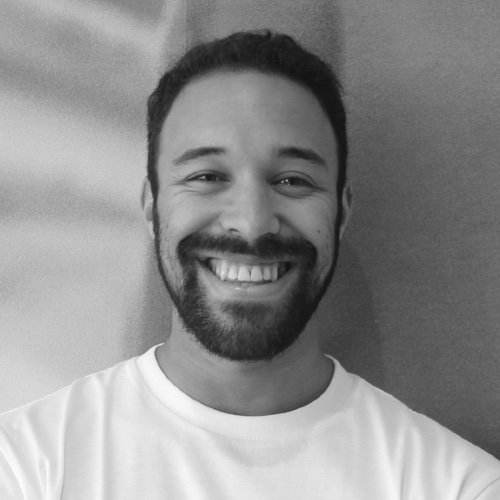
Last year, the Cape Town doctor spent seven months working with MSF in Maban county, an isolated area near the South Sudanese border with Sudan. Maban is home to thousands of refugees and internally displaced people who often face additional challenges like serious flooding, as the camps they live in were constructed on a natural flood plain.
On routine days, Lindsay would review the most critically ill patients with the medical staff, discuss optimisation of prescriptions and engage in bedside teaching related to patients’ conditions. Most afternoons were filled up with further staff training.
On not-so-ordinary days, he faced more daunting challenges, like a sudden measles outbreak. “On one Friday evening we received three patients presenting with measles,” Lindsay explains. “Within 30 minutes of the patients arriving about 12 colleagues arrived from the compound and worked late into the night to set up an isolation ward with a 30-bed capacity. It really shows the amazing teamwork we have at MSF.”
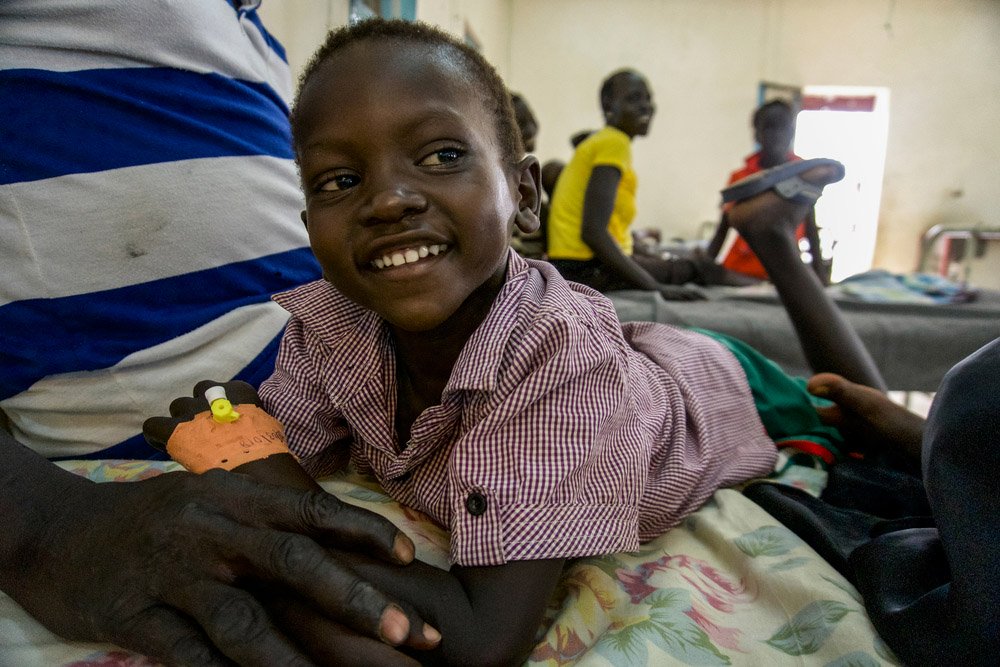
Another highlight was running a crucial measles vaccination campaign to reach 7,000 children aged between six months and 15 years old. “In some places, the villages were only accessible using quad bikes, which meant that we had to pack the bikes with the day’s supplies and set out early in the morning and start vaccinating, often under a tree.”
At the start of this year, Lindsay was set to head off to his next assignment – a plan that was quickly derailed by the COVID-19 pandemic. With international borders closed, many South African MSF staff who would normally work internationally were reassigned to projects within South Africa as part of the national response to the pandemic. In April, Lindsay joined our teams in Johannesburg where they were providing basic healthcare at shelters for people experiencing homelessness. “I appreciated the work in the shelters because it helped me to build a relationship with people that you usually only meet on a transient basis and you don't usually take the time to get to know,” he says. “Hearing about life from a different perspective was very interesting and humbling.”
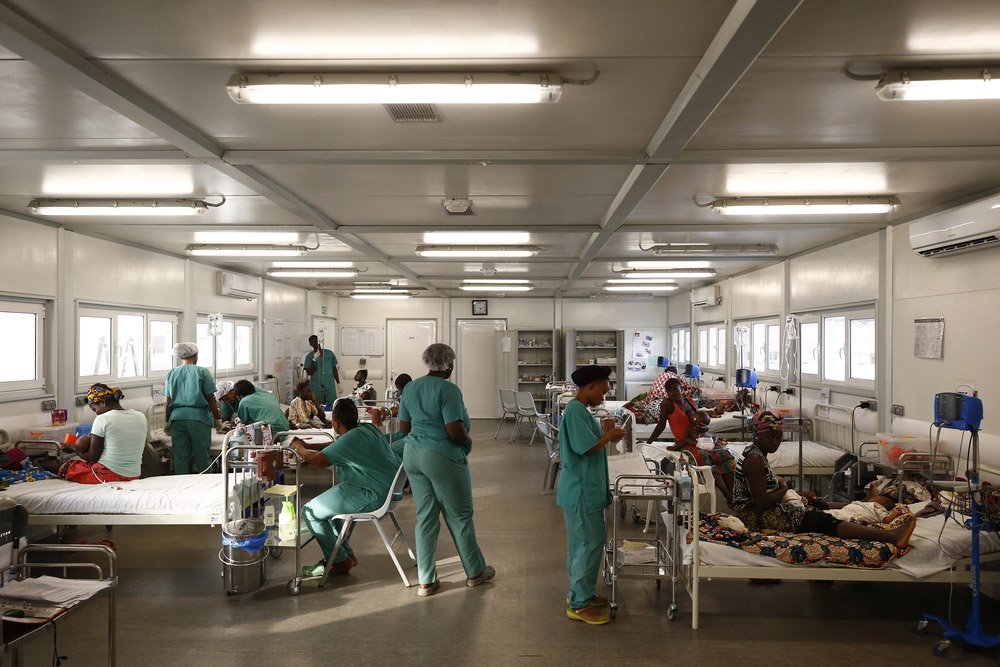
In July he travelled to Kenema in the eastern region of Sierra Leone where he is working in an MSF-built hospital focused on reducing the mortality of children under five years old, as well as offering quality healthcare to pregnant and lactating women. For Sierra Leone, these two health indicators are among the worst in the world, and there is not enough medical staff to meet demands, partly as a result of the untimely deaths of 7% of the country’s healthcare workers during the Ebola outbreak from 2014 to 2016.
“The project is not yet completed,” Lindsay says. “The construction of the maternity ward is still ongoing and the paediatric and malnutrition wards are in their infancy, having just opened in May 2019. So, it is very interesting to see it growing and being able to contribute to the growth. I’m learning a lot about how to set up the different parts of the hospital in terms of staffing and training, as well as clinically with sometimes very sick patients who present quite late to the hospital.”
Teamwork and creative problem solving are what keeps this doctor putting his hand up for assignments in challenging situations.
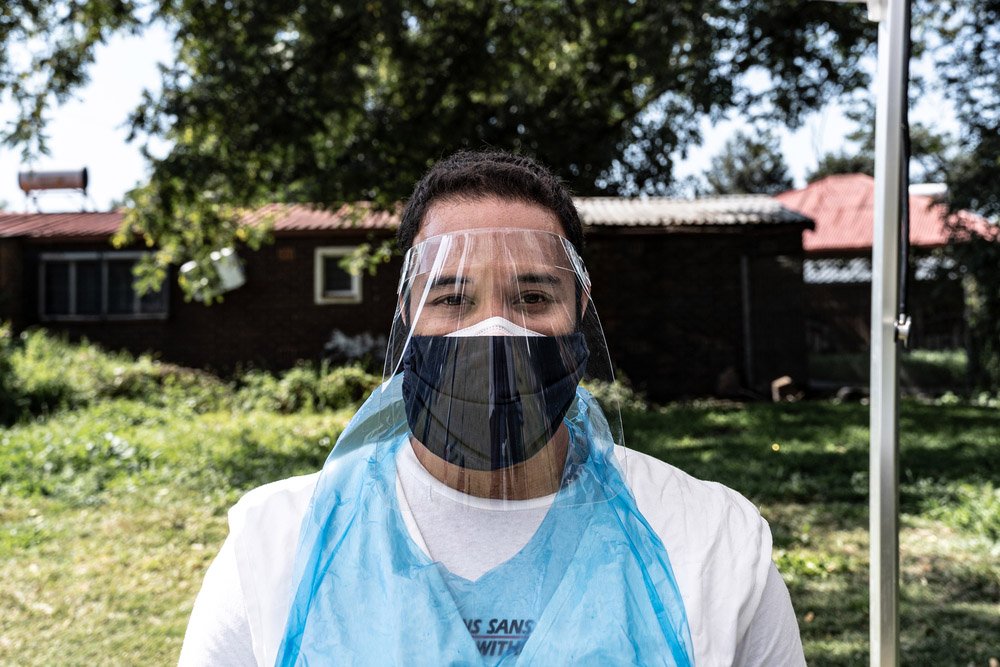
“South[ern] African doctors are taught to think on their feet from a very early stage,” says Lindsay, “but where MSF works, things are even more difficult, so you have to find different ways of working. In the field you have people from so many different backgrounds, bringing something different to the table each time. So, when you have to brainstorm how to solve a problem, you have people offering advice and opinions you would never think of yourself.”
